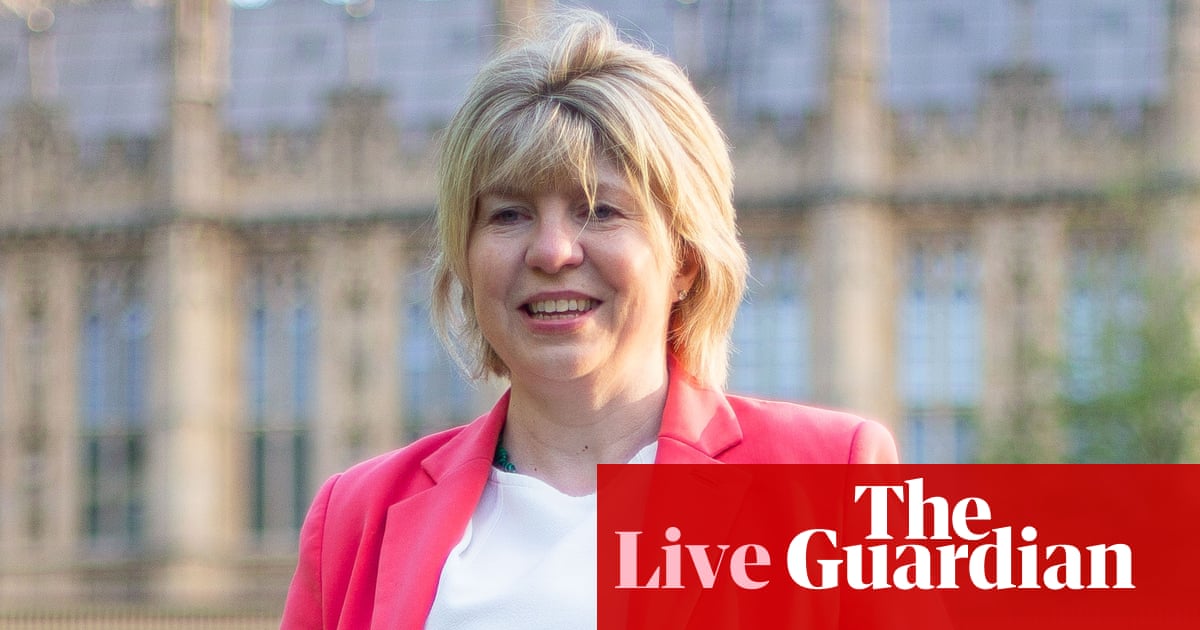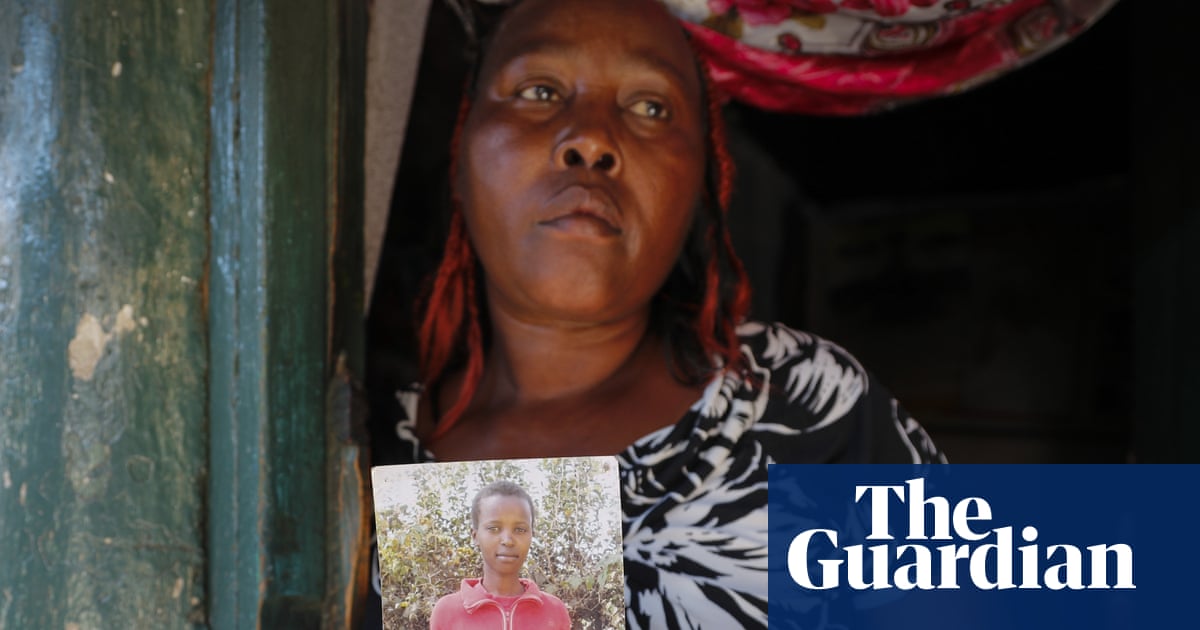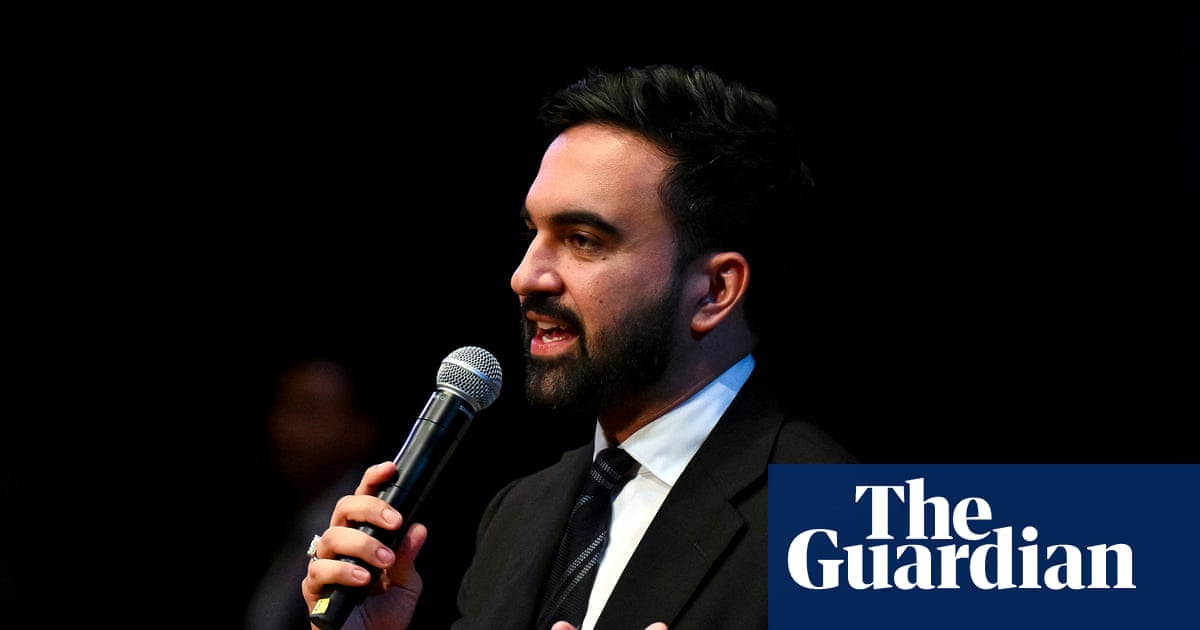Hundreds of thousands of children with special needs could lose their legal entitlement to extra support in schools in England under plans being considered by ministers, a move that campaigners warn could force thousands more pupils out of mainstream education.
The reforms relate to education, health and care plans (EHCPs), statutory documents families have relied on for more than a decade to guarantee their children’s right to support for conditions such as autism spectrum disorder and mental health issues.
A move away from the system would mark the biggest shift in special educational needs and disabilities (Send) provision since 2014, and risks provoking a fierce backlash from parents, charities and lawyers.
A 2024 report by the National Audit Office said the system was financially unsustainable, with the number of EHCPs up 140% since 2015, and many councils running deficits of more than £100m.
Catherine McKinnell, the school standards minister, said the current model was “not delivering”, and confirmed officials were developing a new system for Send support. She declined to rule out narrowing or replacing EHCPs altogether.
EHCPs outline the exact support a child with Send should receive in school, potentially including one-to-one assistance, speech and language therapy, tailored teaching strategies or specialist equipment.
Without an EHCP, schools are under no legal duty to meet a child’s specific needs.
For many families they are the only mechanism they can use to secure specialist help for their child, especially in mainstream state schools where most children with Send are taught.
Some plans apply in special schools, which are set up for high-needs provision. Private schools are not legally required to deliver EHCPs, and councils are not obliged to fund them, though some do so by agreement.
Asked whether ministers would scrap or restrict EHCPs, McKinnell said: “No decisions have been taken yet on how we deliver …. The change we want to see is just better support for children at the earliest stage possible. And clearly the system we’ve inherited is not delivering that.”
She added: “Parents have a real battle to get support that should be ordinarily available in school.” Pressed again, she said: “I think parents would agree that if we had a well-functioning system, if we had that good early support, then you wouldn’t need a complex legal process to access an education.
“Even when families secure an EHCP, it doesn’t necessarily deliver the education that’s been identified… We’re listening to parents. We’re working on a new system. It’s not fixed yet.”
The Department for Education’s strategic adviser on Send, Dame Christine Lenehan, said this month that the government was questioning whether EHCPs were “the right vehicle”.
On Friday, the government announced a £3m expansion of its early language support for every child (Elsec) scheme, which integrates speech and language specialists into nurseries and schools to identify Send needs earlier.
McKinnell said the Elsec programme, which has already supported 20,000 children, would be extended for another year and expanded to reach thousands more children.
after newsletter promotion
She described Elsec as an example of how support can be delivered earlier, without the need for external diagnosis or lengthy assessments. “That’s part of the toolkit teachers have. The more we can do that at the earliest stage, the more we can save families the challenge and stress of having to seek out support.”
More than 576,000 children and young people in England had an EHCP as of January 2024. But only half of new plans were issued on time last year, according to government statistics. Hundreds of families have been waiting for more than a year.
The system has become so overwhelmed that more than 21,000 parents appealed to tribunals last year, often just to get an assessment or basic provision in place. Families won in 95% of cases.
Since taking office last July, Labour has pledged to address the longstanding challenges within Send provision, which has been described as hostile to families, aiming to create a more inclusive and efficient system.
Campaigners say the legal protections at the heart of Send provision must not be sacrificed.
Katie Ghose, the chair of the Disabled Children’s Partnership, said: “Hundreds of thousands of children rely on these plans to go to school safely and learn. This would represent a fundamental break from four decades of political consensus that disabled children need legal guarantees to access education. Without that, the government risks sending more children out of school and into a system where their needs are simply not met.”
Tania Tirraoro, the co-director of Special Needs Jungle, said: “We won’t accept the removal of disabled children’s rights without a fight. This isn’t about improving provision – it’s about saving money. If EHCPs are taken away from mainstream settings, early years and 16- to 25-year-olds outside special schools will lose protection too. That will push more children into special schools, alternative provision, or out of education entirely.
“It seems like this Labour government has launched an entire assault on disabled people of all ages, including the Pip [personal independence payments] cuts and removing universal credit from under-22s, including disabled young people unable to work. Do they want to support disabled people to thrive or not?”

 3 months ago
95
3 months ago
95

















































